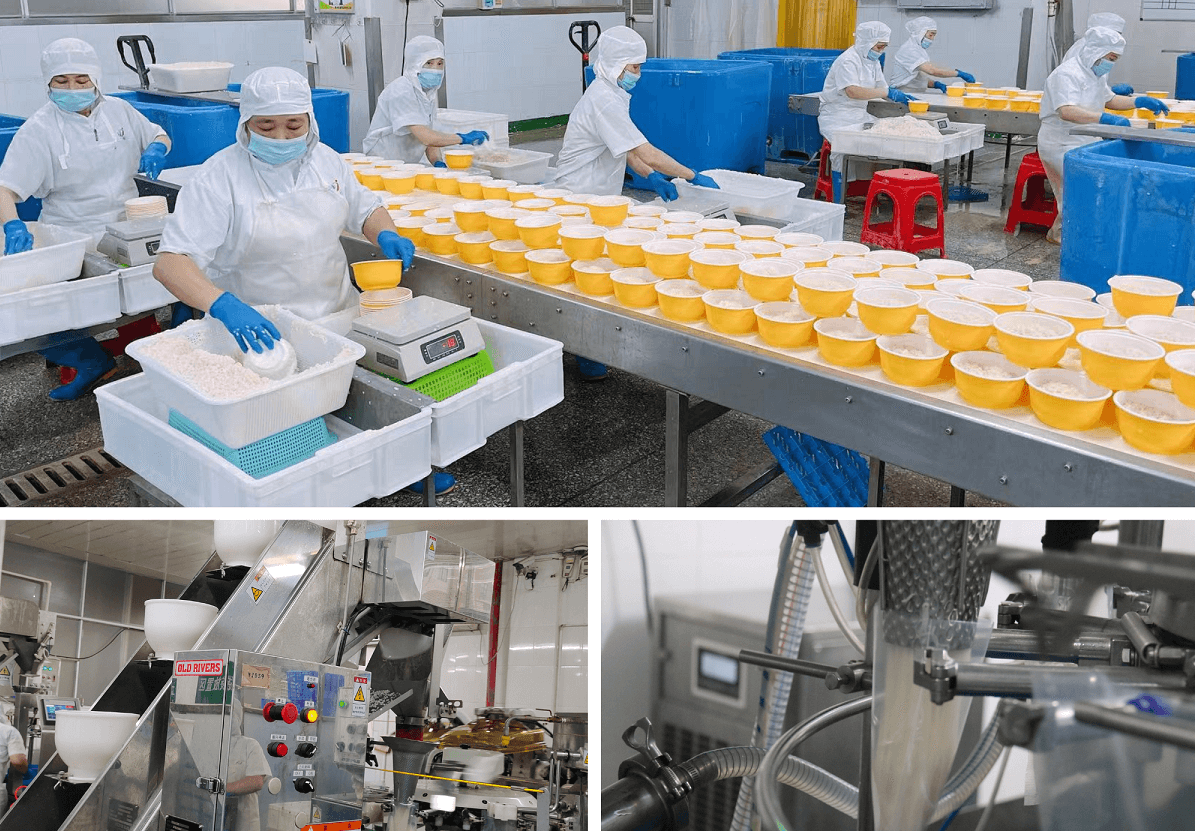What issues do you need to know in advance to customize konjac noodles?
Konjac rice noodles are very popular among consumers in the market because of their low calories, low sugar and low fat. Ketoslim Mo’s Konjac noodles have a smoother texture than traditional noodles and are rich in dietary fiber, making them the best choice for people who eat healthily.
Knowing what you need to know about custom konjac noodles in advance will give you enough time to prepare and a clearer understanding of its process. Let’s find out now.
Things you need to know in advance when customizing konjac noodles
1. Product specifications: Clearly define the specifications of the konjac noodles you want to customize. This includes details such as noodle thickness, length, shape and weight. Establishing specific product specifications will help ensure that the manufacturing process is consistent and meets customer requirements.
2. Packaging and labeling: Determine the required packaging form for konjac noodles, such as sachets, bags or bulk. Consider whether you want to offer private label options to wholesale customers. Ensure packaging is durable, attractive and provides all necessary product information including ingredients, nutritional facts, allergen statements and any relevant certifications.
3. Customization options: Customization options are provided to meet the different needs of wholesale customers. This may include changes in flavors, seasonings or other ingredients such as vegetables or proteins. Decide whether you'll be serving plain konjac noodles or adding flavors like garlic, sesame or chili pepper. Konjac noodles have a relatively neutral flavor, so it's important to consider your seasoning options. Also, consider whether you will add seasonings or spices directly to the noodles or provide them separately for customers to add. Offering customization flexibility will allow your customers to differentiate their products in the market.
4. Pricing and minimum order quantity: Consider factors such as raw material cost, manufacturing overhead, packaging cost and expected profit margin. Determine the pricing structure for custom konjac noodles. In addition, minimum order quantities are determined to ensure efficient production and distribution.
5. Quality Control and Assurance: Implement strong quality control measures throughout the entire manufacturing process. Regular testing of raw materials, intermediate products and final konjac noodles is required to ensure that they meet established quality standards. To build consumer trust and confidence in your product, communicate your quality assurance agreement to them.
6. Regulatory Compliance: Be familiar with local and international regulations governing the production, labeling and distribution of konjac noodles. Make sure your manufacturing processes and ingredients meet food safety standards and labeling requirements.
7. Supply Chain and Logistics: Consider the logistics and supply chain aspects of delivering customized konjac noodles to wholesalers. Make sure you have a reliable network of suppliers and distribution channels to meet demand. You can optimize your production and inventory management systems to minimize delivery times and maintain adequate inventory levels.
8. Customer Support and Service: Respond to their inquiries, process orders promptly, and resolve any questions or issues promptly. Provide your consumers with excellent customer support and service. Building strong relationships with your customers will help foster long-term partnerships and repeat business.
Conclusion
As more and more consumers understand konjac noodles and know its functions and characteristics, the development of konjac noodles in the market has greatly improved. Understand the above issues in advance, in partnership with Ketoslim Mo, provide competitive products in the market, and meet consumer needs, and the customization of konjac noodles will be smoother and more successful.
Find Halal Konjac Noodles Suppliers

Konjac Foods Supplier'S Popular Products
Post time: Nov-10-2023








